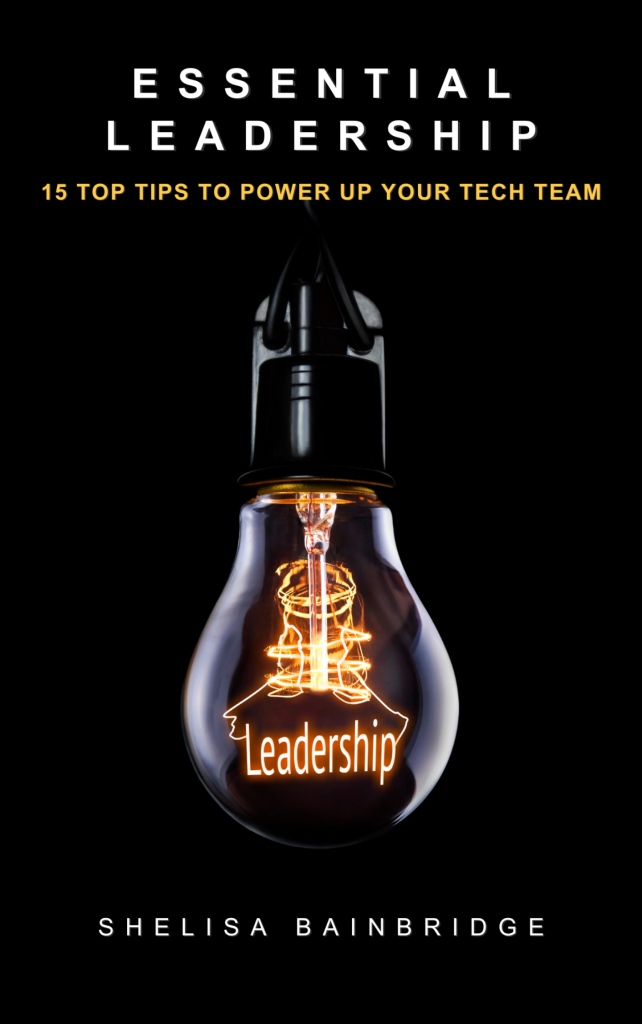What is emotional intelligence and why does it matter to workplace performance? Considering “thriving employees are twice as likely to work for an organization that effectively balances EQ and IQ” – it’s important you know.
This year, Mercer reported that “thriving employees are twice as likely to work for an organization that effectively balances EQ (emotional quotient otherwise known as emotional intelligence) and IQ (intelligence) in decision-making.” (1)
Staggeringly, ”fewer than half of companies typically get [this balance] right .” (2)
So, a couple of questions come to mind for many individuals:
1. What is emotional intelligence?
2. Why does it matter to workplace performance?
Let’s answer the first part of that question and connect the dots to the “why.”
What is emotional intelligence?
Harvard theorist Howard Gardner defines emotional intelligence as “the level of your ability to understand other people, what motivates them and how to work cooperatively with them.” He continues by suggesting that EQ can be broken down into 5 categories, each with the potential to build positive, collaborative work communities.
These categories are:

1. Self -awareness: confidence (not arrogance) in your abilities and competencies, and an awareness of your own emotional responses as they happen.
It all begins with an idea. Maybe you want to launch a business. Maybe you want to turn a hobby into something more. Or maybe you have a creative project to share with the world. Whatever it is, the way you tell your story online can make all the difference.
Don’t worry about sounding professional. Sound like you. There are over 1.5 billion websites out there, but your story is what’s going to separate this one from the rest. If you read the words back and don’t hear your own voice in your head, that’s a good sign you still have more work to do.
- Self-regulation: managing negative emotions like anger, hurt, and frustration so that they don’t lead to negative interactions.
- Motivation: setting clear, achievable goals for yourself and tackling them from a place of positivity.
- Empathy: tuning into other people’s feelings so that you can work with them in times of struggle and need.

- Social skills: knowing how to build positive relationships on foundations of trust, collaboration, clear communication, and healthy boundaries.
Why does emotional intelligence matter to workplace performance?
There will always be many different personalities to work with, so having a deeper understanding on how to work with them is now a necessary skill. That deeper level of understanding that Howard Gardner speaks about gives rise to higher levels of creativity, innovation, collaboration, and progress. It is in this space that “going off-script” requires no permission, where agility flourishes, and where productivity improves.
Creating environments where IQ and EQ are in greater proportion to one another leads to magnificent results – both for the business and for the employee experience. If we each do our part to boost workplace EQ, there is no limit to what we can achieve together.


